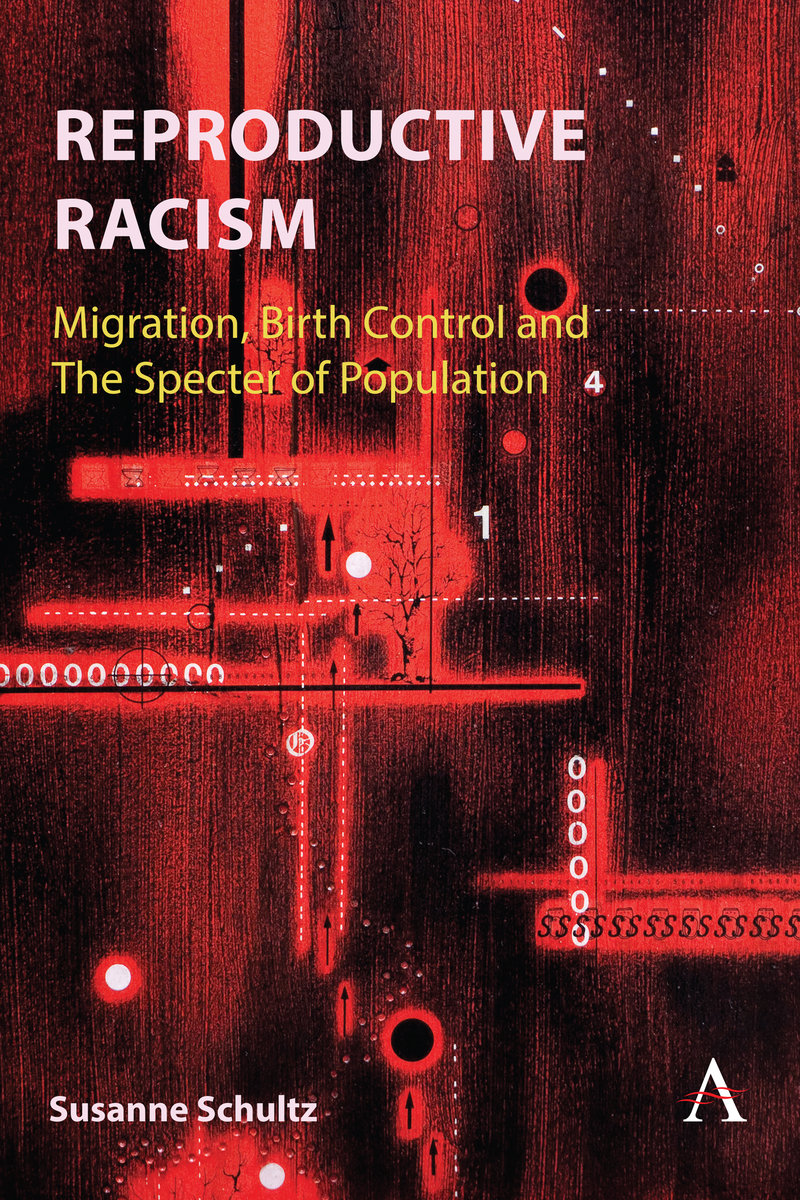Population is a dangerous political category. It is not separable from the racist and class-based valorisation and devaluation of different lives. From global contraceptive implant programmes to right wing anti-immigration discourses, demographic interpretations of multiple current crises legitimise the states' grip on childbearing and mobility. The results are complex dimensions of reproductive racism and restrictive border regimes. Meanwhile, global social inequalities and racial capitalist extractivism stay out of the game.
The book analyses how demographic knowledge production and states´ grip to the variable of population intertwine. It introduces the concept of the Malthusian matrix in order to understand how class-selective and racist hierarchies within population narratives are combined with gendered policies of reproductive bodies and behaviours.
Several chapters explore current reproductive racism, establishing a hierarchy between the birth of desirable and undesirable people. An upward redistributive family policy in Germany is promoting births within the privileged middle classes. And international population programs revive targets in order to increase the use of long-acting contraceptives in the Global South, within a market-oriented setting of Big Pharma promotion. Reproductive racism is also effective in migration policy strategies: narratives about "migrant birth rates" circulate among ultra-right forces as well as seemingly apolitical demographic policy consultancy. The last sections discuss state-theoretical approaches and the intersectional feminist concept of reproductive justice in order to provide tools for critique and resistance.


